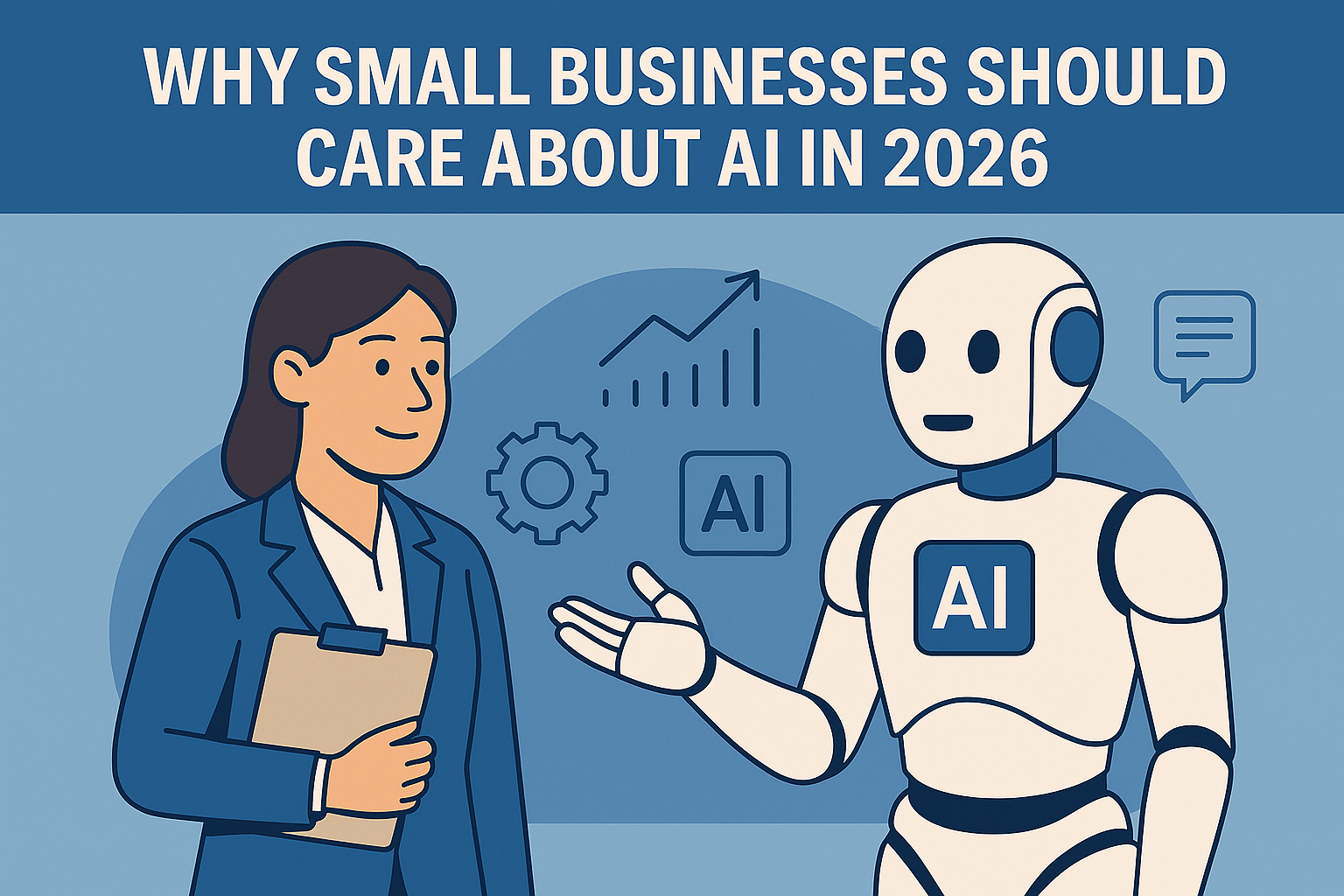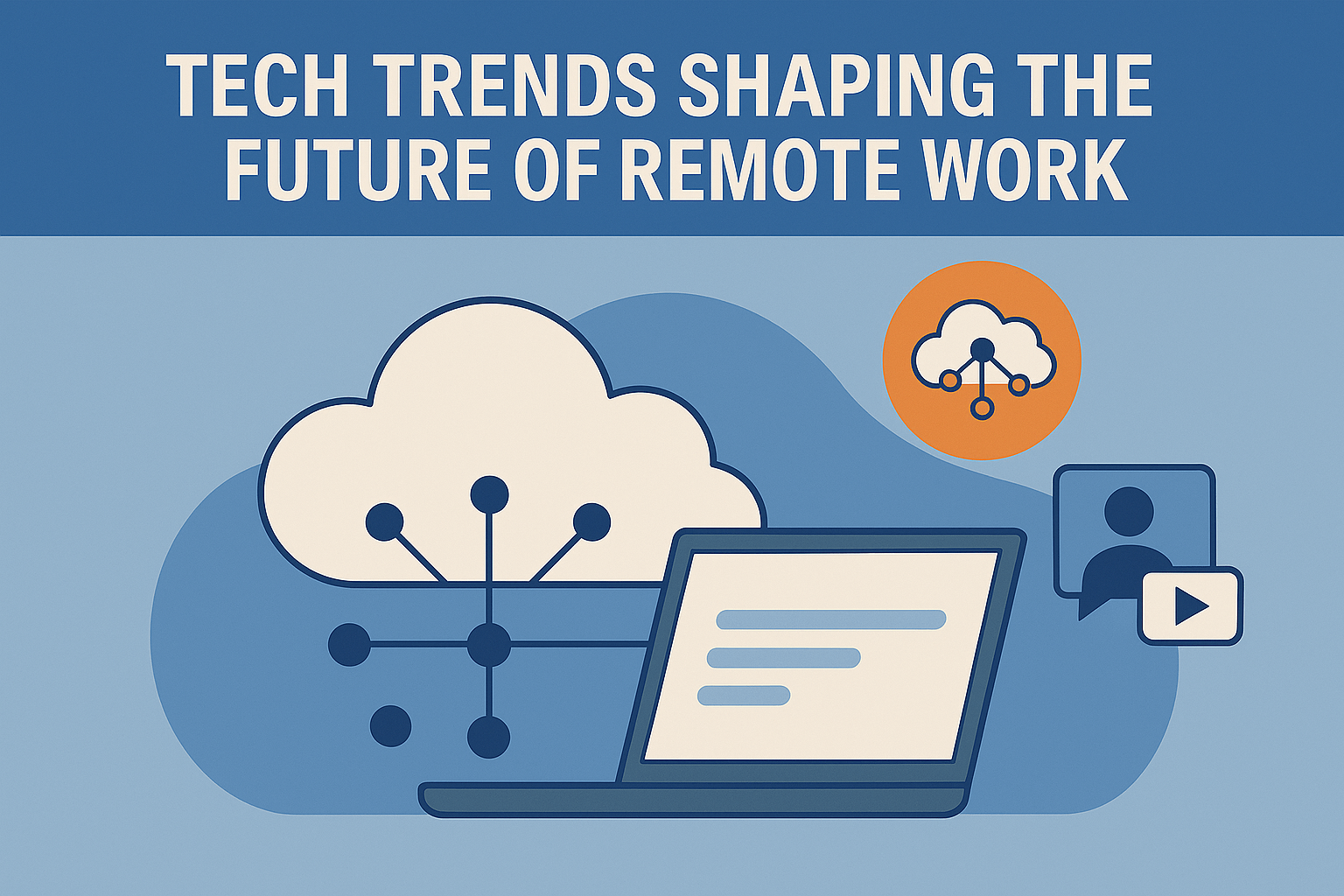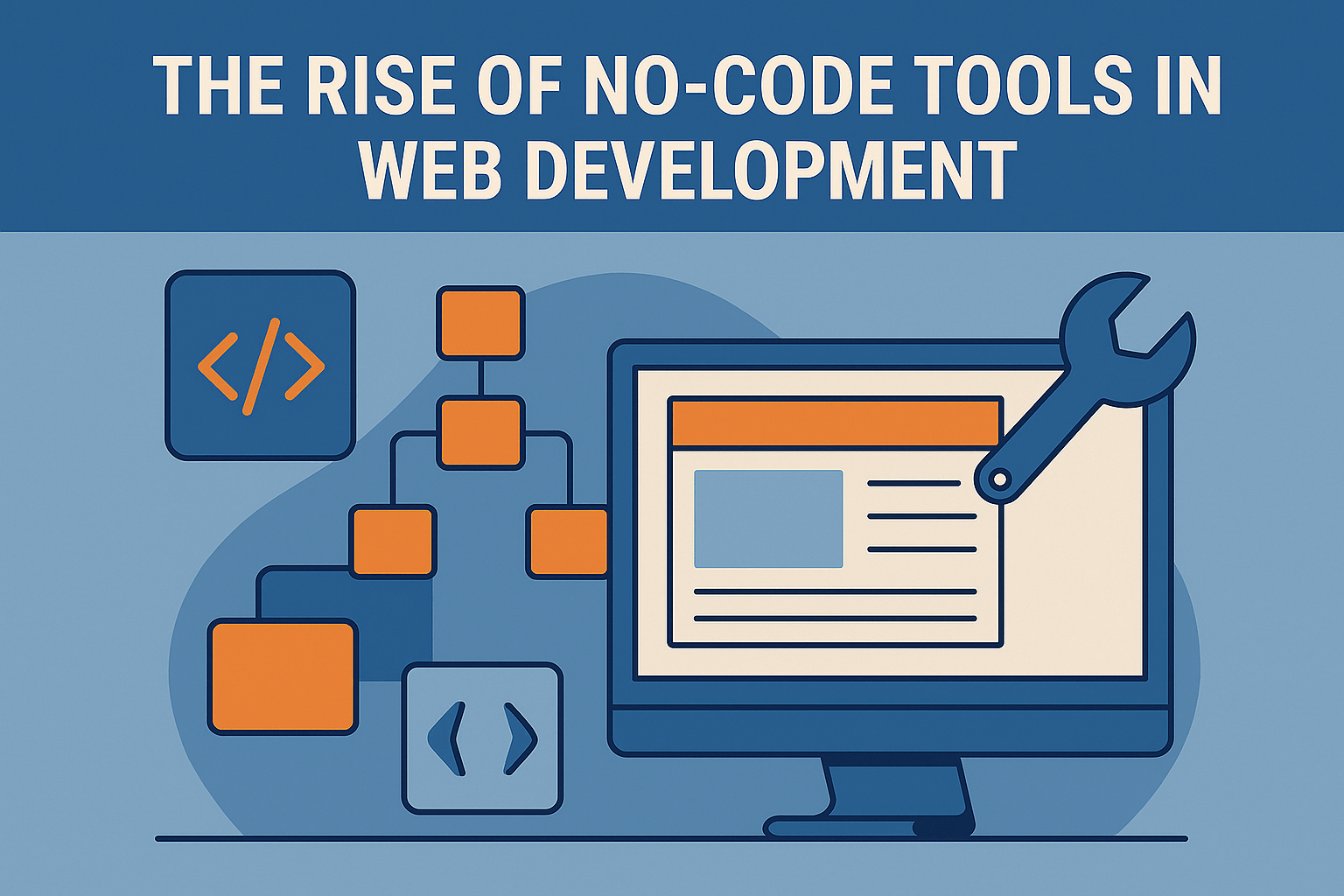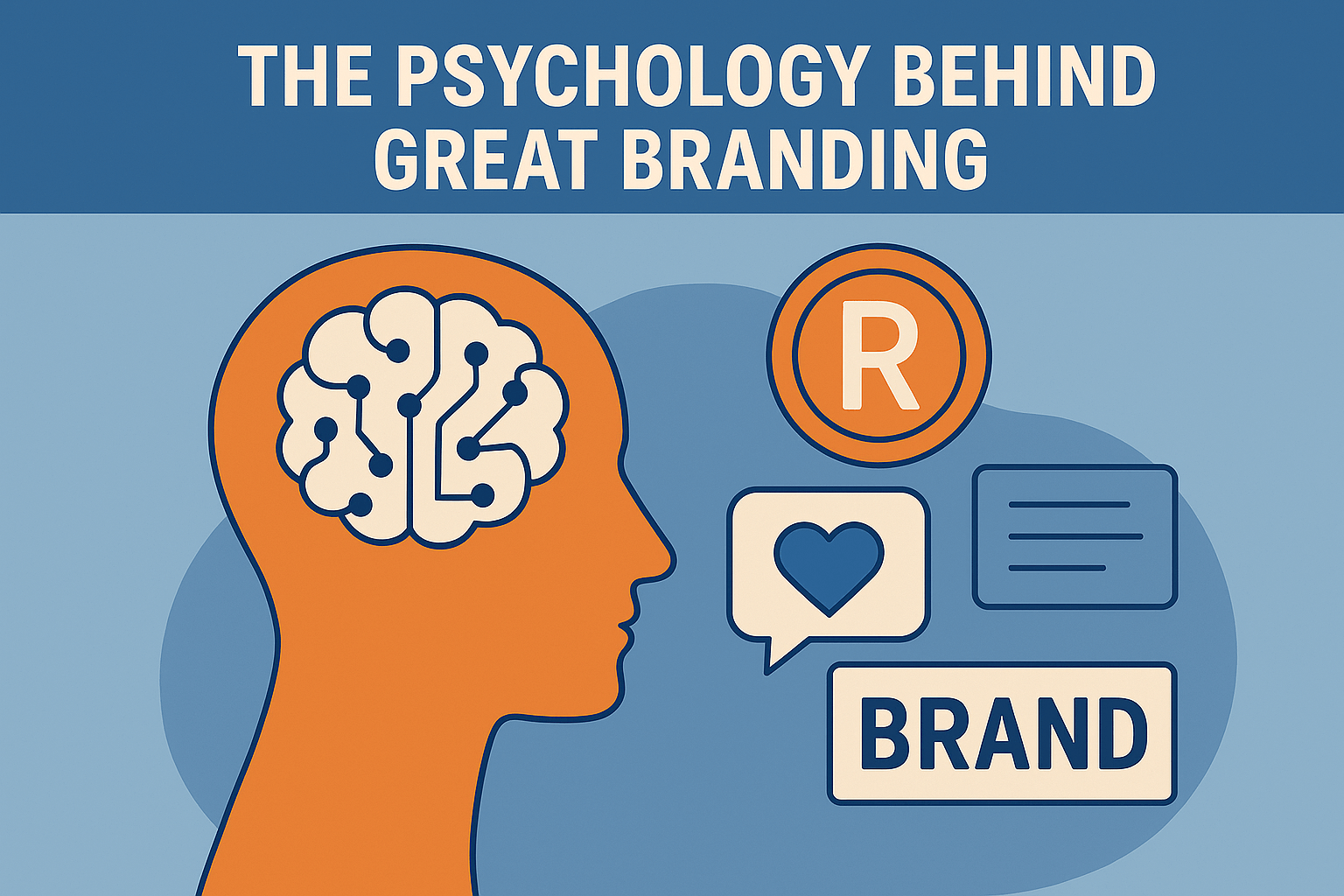Written by:
Published on:
Nov 5, 2025


Artificial intelligence isn’t just for tech giants anymore. Over the past few years, AI has become more affordable, accessible, and adaptable, opening the door for small businesses to harness its potential. From automating repetitive tasks to delivering personalized customer experiences, AI is no longer a futuristic luxury—it’s a practical business tool that can drive real growth and efficiency.
Until recently, adopting AI required huge budgets and specialized teams. That’s changed dramatically. With the rise of cloud-based services and user-friendly AI tools, even a two-person startup can tap into machine learning and automation. Tools like ChatGPT, Jasper, and Midjourney have made it easy for non-technical users to generate content, analyze data, and brainstorm ideas with minimal effort. This democratization of AI is leveling the playing field between small and large enterprises.
Small business owners often wear multiple hats—handling marketing, customer support, and operations all at once. AI can lighten that load. For instance, customer service chatbots can handle common questions 24/7, freeing up staff to focus on higher-value interactions. AI-powered accounting tools can automatically categorize expenses, reconcile transactions, and even forecast cash flow. Automation doesn’t replace people—it empowers them to spend more time on creative and strategic work.
One of AI’s biggest advantages is its ability to make sense of data. Small businesses now have access to insights that were once available only to large corporations. With AI analytics, business owners can track customer behavior, identify trends, and make informed decisions faster. Whether it’s predicting which products will sell best next season or understanding which marketing campaigns drive the most engagement, AI can turn raw information into actionable strategy.
In 2026, personalization is the new standard. AI helps businesses tailor marketing efforts by predicting customer needs and preferences. Email automation platforms can segment audiences intelligently, while AI tools can generate on-brand copy or even design visuals that resonate with target demographics. On the customer side, recommendation engines and chatbots create smoother, more engaging experiences that build loyalty over time.
The biggest challenge for small businesses isn’t whether AI will help—it’s figuring out where to start. The best approach is to begin small: automate one process, test an AI-powered tool, and evaluate its impact. By integrating AI gradually, businesses can build confidence and competence without overwhelming their teams.

Remote work is no longer a temporary solution—it’s a defining feature of modern...

Gone are the days when building a website required knowing multiple programming...

Branding goes far beyond having a catchy logo or sleek website design. At its...